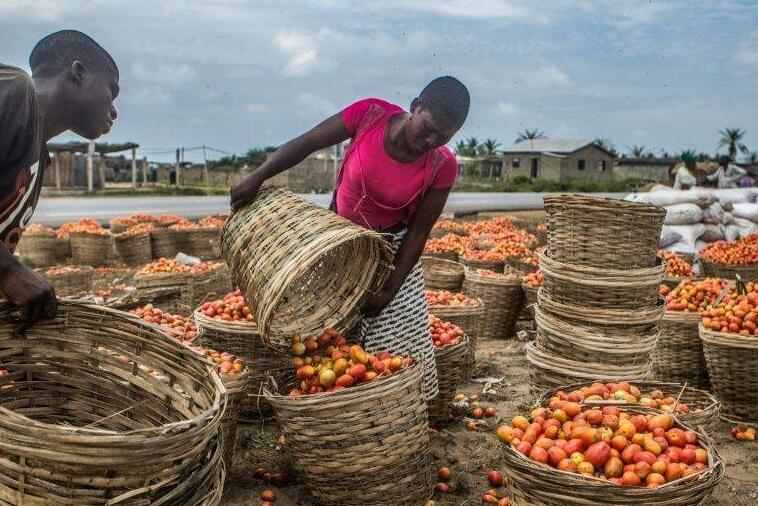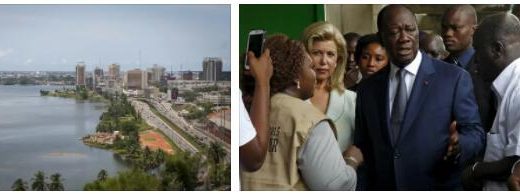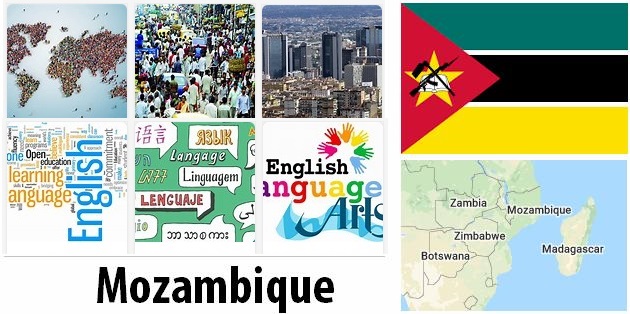Gabon Overview
Gabon is located at the equator in western Central Africa. The country borders Cameroon, Congo-Brazzaville and Equatorial Guinea, as well as the Atlantic coast.
| Capital: | Libreville |
| Biggest city: | Libreville |
| State: | republic |
| Language: | French |
| Religion: | Christianity |
| Surface: | 267 667 km² |
| Population: | 1.6 million (2013) |
| Population density: | 6 residents per km² |
| Life expectancy: | 53 years |
| Illiteracy: | 37% |
| Currency: | CFA franc (XAF) 1 CFA franc = 0.01 kr |
| GDP per capita: | $ 15,000 (2010) |
| Time difference: | +0 hours |
| Electricity: | 220 V AC, 50Hz |
| National Day: | the 12th of March |
| Country area code: | 241 |
| 2-Letter country abbreviation: | GA (See more abbreviations on Abbreviationfinder) |
| Business: | agriculture 65%, industry and trade 30%, service sector 5% |
| Climate: | tropical, with dry season from mid-May to mid-September |
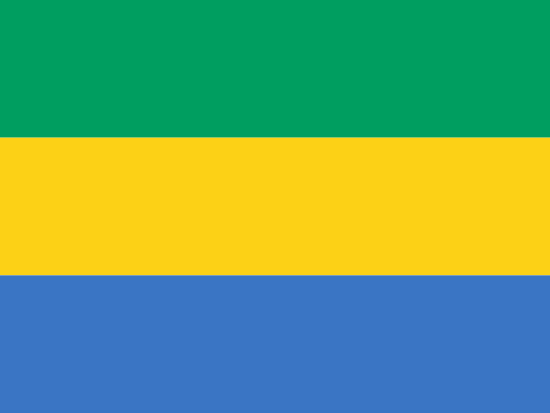
The population of the African Republic of Gabon, formerly part of French Equatorial Africa, earns on average twice as much as the population of the rest of the former French Africa. This relatively high standard of living is due to the rich presence of ore, especially manganese, used in the production of quality steels.
The belt of lush grassland that runs through Gabon has for centuries been a thoroughfare for tribes from West Africa to areas south of the equator. Some Bantu-speaking peoples settled there for good. From the interior of Cameroon later came the captives, a warlike people who had a reputation for being cannibals. They sold ivory to European merchants, who had established trading posts along the coast, and in exchange received firearms and other goods. The Portuguese were the first to settle on the coast around 1470. Englishmen, Dutch, French, Spaniards followed, many of them to buy slaves.
In 1849, however, the French established Libreville as a colony for freed slaves following the same pattern as the English’s Freetown in Sierra Leone. France formally annexed Gabon in 1885, and along with three other colonies, it became a member of the Equatorial Africa Federation in 1910. At the turn of the century, the country suffered greatly during the exploitation of French trading companies, but after 1910 the worst abuses were abolished. The French now began to exploit the colony’s rich raw materials, especially increasing mahogany exports.
At the end of the colonial era, French Equatorial Africa was dissolved, and Gabon became independent in 1960. Presidents Léon M’ba and Omar Bongo (from 1967) retained a small French troop force in the country, which, among other things, contributed to a coup in 1964.
The government’s conservative, pro – French stance has promoted significant foreign investment, partly from private companies and partly from the French government and from the World Bank. Gabon’s business has developed rapidly in connection with the exploitation of the country’s manganese, iron ore, oil and uranium resources. Gabon is a one-party state where President Omar Bongo has a very strong position. Until the 1990s, Gabon was ruled by autocratic presidents. In 1991, a new constitution was adopted, where different parties were allowed and more democratic elections could be held. Today, Gabon is one of the more developed countries in Africa, thanks to a small population, rich natural resources and support from abroad.
Gabon’s per capita income is four times the average for sub-Saharan African countries, but as the income gap between the poorest and the richest is large, poverty is still widespread.
Gabon has been called the Galapagos Islands of Africa. 75 percent of the country is covered by lush equatorial forests with wildlife.
WORLD HERITAGE
The following objects in Gabon are listed as a UNESCO World Heritage Site.
The year in which the item was added to the list is indicated in parentheses.
- Lopé-Okanda Ecosystem and Ancient Cultural Landscapes (2007)
ELECTRICAL OUTLET
Electricity and electrical outlets in Gabon
Voltage: 220 V
Frequency: 50 Hz
Type of plug: C
Need an adapter: No, you do not need an adapter.
CLIMATE AND WEATHER
Weather in Libreville
| Climate | Jan | Feb | Mar | Apr | May | Jun | Christmas | Aug | Sep | Oct | Nov | Dec |
| Average temperature °C | 28 | 29 | 29 | 29 | 27 | 25 | 24 | 25 | 26 | 26 | 27 | 28 |
| Day °C | 30 | 28 | 31 | 29 | 30 | 29 | 28 | 28 | 28 | 29 | 29 | 30 |
| Night °C | 23 | 23 | 23 | 22 | 23 | 21 | 21 | 21 | 21 | 22 | 23 | 22 |
| Rain (mm) | 150 | 180 | 310 | 220 | 160 | 60 | 10 | 20 | 100 | 310 | 330 | 250 |
| Rainy days | 14 | 12 | 15 | 16 | 14 | 6 | 5 | 9 | 17 | 24 | 22 | 15 |
| Soltim / day | 7 | 8 | 8 | 7 | 7 | 7 | 6 | 4 | 5 | 5 | 5 | 7 |
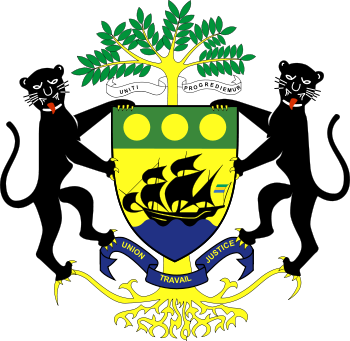
Libreville
According to Countryaah, Libreville is the capital of the Central African country of Gabon, and has 578,156 residents (2005). Libreville got its name as an imitation of Freetown (which also means “sanctuary”).
Attractions in the city include the National Museum of Art and Traditions, the French Cultural Center, St Marie’s Cathedral, the wooden church of St Michael, Nkembo, the Arboretum de Sibang, and two cultural villages. Libreville’s main market is located in Mont-Bouët. Gabon’s School of Administration and Law is located in Libreville, as is Omar Bongo University, founded in 1970.
